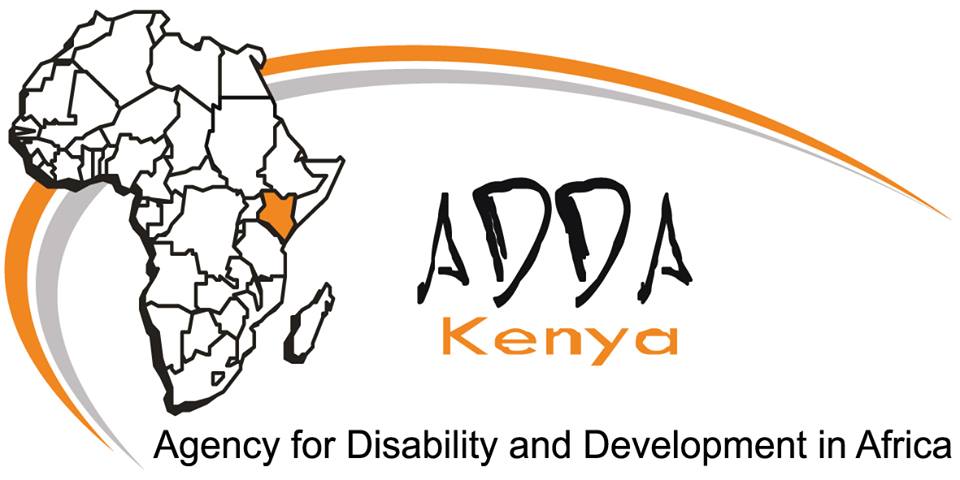
The Disability Inclusion Index
Click here to see the original post in Voice.Global site-
Project Duration
-
-
Lead organisation
Agency for Disability and Development in Africa
-
The Agency for Disability and Development in Africa (ADDA) visions an inclusive society in which all persons have equal opportunities, regardless of anyone’s impairment and/or special needs. ADDA enhances the potential of children, youth and adults with disabilities within their communities and environments while advocating for their inclusion and active participation in mainstream sustainable development programmes as well as celebrating diversity, improved livelihoods, and self-actualisation.
Inclusive services are part of ADDA’s day-to-day work and inclusion is enshrined in ADDA’s Research, Training and Innovation Hub. The hub is at the heart of ADDA in terms of generating and documenting best practices and solutions in human-centred disability inclusion. ADDA works with persons with disabilities (PWDs), their organisations (DPOs) and duty bearers to promote access to services.
-
Organisation
The Agency for Disability and Development in Africa (ADDA) visions an inclusive society in which all persons have equal opportunities, regardless of anyone’s impairment and/or special needs. ADDA enhances the potential of children, youth and adults with disabilities within their communities and environments while advocating for their inclusion and active participation in mainstream sustainable development programmes as well as celebrating diversity, improved livelihoods, and self-actualisation.
Inclusive services are part of ADDA’s day-to-day work and inclusion is enshrined in ADDA’s Research, Training and Innovation Hub. The hub is at the heart of ADDA in terms of generating and documenting best practices and solutions in human-centred disability inclusion. ADDA works with persons with disabilities (PWDs), their organisations (DPOs) and duty bearers to promote access to services.
-
Project
The Disability Inclusion Index project is about co-creating, piloting, documenting and sharing a Disability Inclusion Public Participation Index in Kenya. This index will then be used to advocate and will be benchmarked at a National Disability Inclusion workshop. The participation index measures existing expertise and knowledge gaps within Disabled Persons Organisations (DPOs) and among Persons with Disabilities (PWDs), including the advocacy capacity of people and communities (assessing their confidence to participate), and negotiation practices necessary to influence.
It also measures County Public Participation practices (such as communication, accommodation, information materials) and benchmarks inclusion against international best practices including recommendations on how to bridge exclusion gaps. Public participation is more than getting the opinion of DPOs or PWDs or any section of the community. Instead, true participation requires three elements: to be present (for PWDs this means accessibility and minimum accommodation, effective communication), to belong (the process is fun and the benefits of participation are well known), and to take part (engaged, informed).
-
-
The Disability Inclusion Index project is about co-creating, piloting, documenting and sharing a Disability Inclusion Public Participation Index in Kenya. This index will then be used to advocate and will be benchmarked at a National Disability Inclusion workshop. The participation index measures existing expertise and knowledge gaps within Disabled Persons Organisations (DPOs) and among Persons with Disabilities (PWDs), including the advocacy capacity of people and communities (assessing their confidence to participate), and negotiation practices necessary to influence.
It also measures County Public Participation practices (such as communication, accommodation, information materials) and benchmarks inclusion against international best practices including recommendations on how to bridge exclusion gaps. Public participation is more than getting the opinion of DPOs or PWDs or any section of the community. Instead, true participation requires three elements: to be present (for PWDs this means accessibility and minimum accommodation, effective communication), to belong (the process is fun and the benefits of participation are well known), and to take part (engaged, informed).
